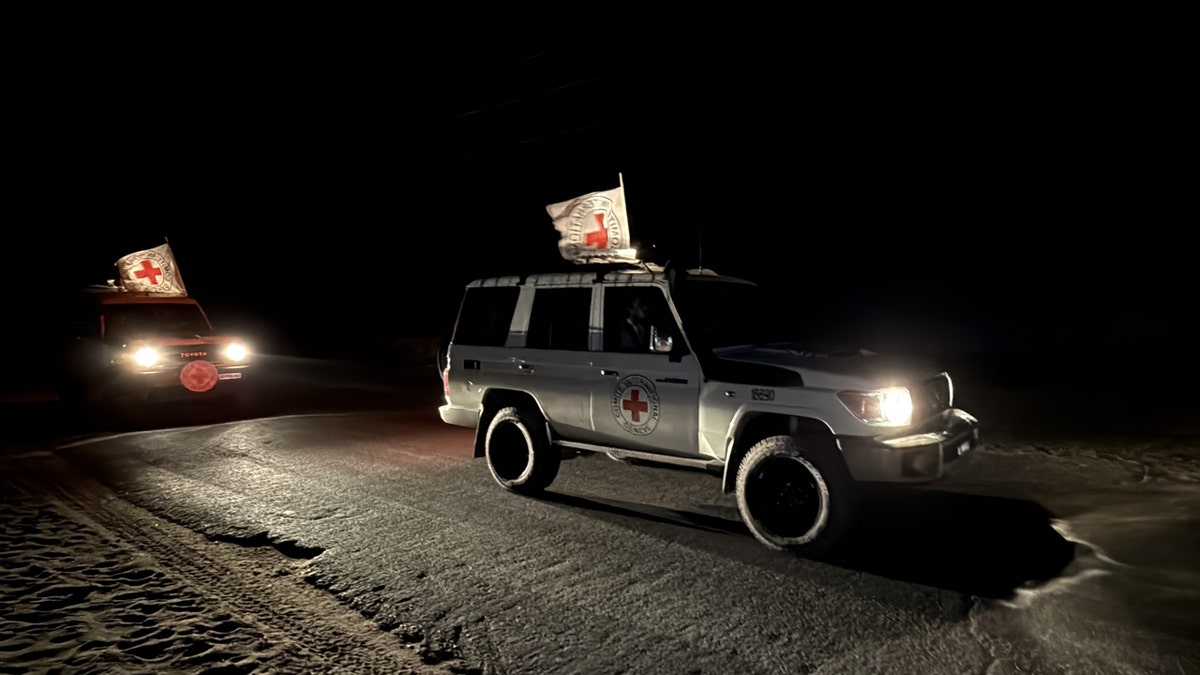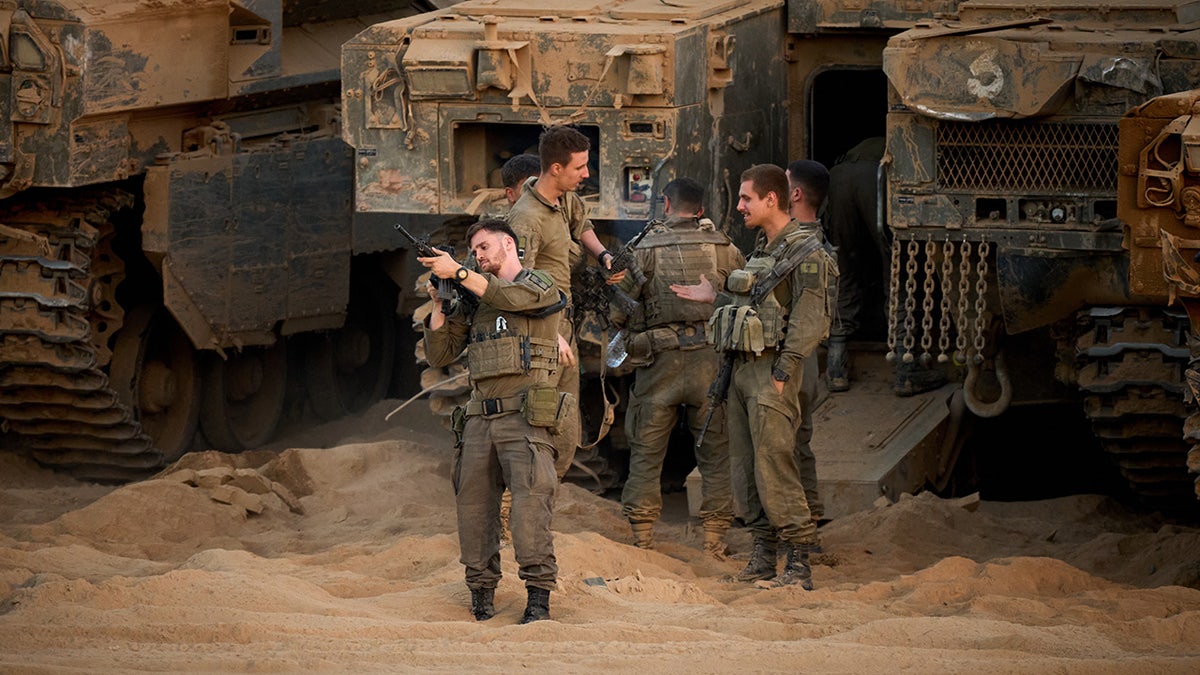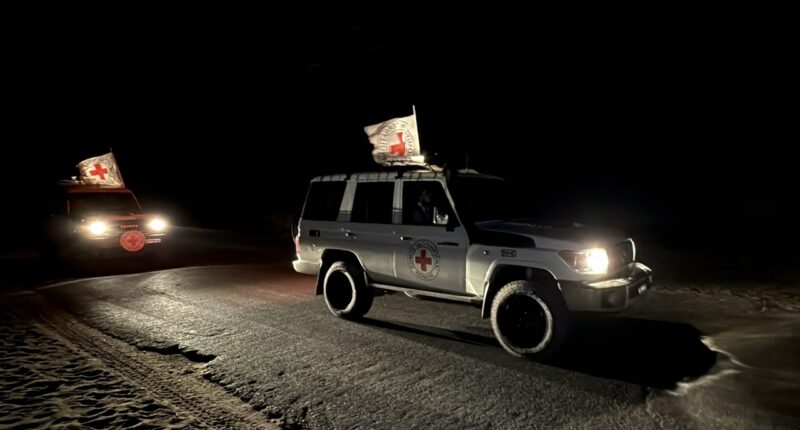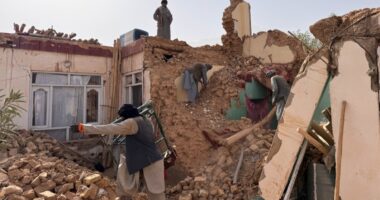Share this @internewscast.com
In a significant development, the International Committee of the Red Cross (ICRC) recently confirmed its role in facilitating the transfer of three bodies to Israeli authorities. This marks the first such exchange since hostilities reignited, highlighting a rare moment of coordination between the conflicting parties.
The ICRC, acting as a neutral intermediary, emphasized that the identification of the remains would be conducted by Israeli authorities. The organization clarified its stance, stating it does not participate in locating the remains but merely facilitates their transfer. This underscores the ICRC’s commitment to its humanitarian role under international law, which assigns the duty of searching for, collecting, and returning the deceased to the parties involved in the conflict.
This transfer comes amidst ongoing calls from humanitarian agencies for increased access to affected regions, as fighting resumed earlier this month. The return of the bodies illustrates a small yet critical step toward cooperation amidst an otherwise tense environment.
In a related development, Hamas handed over the bodies of two additional Israeli hostages to ICRC officials. This exchange was completed through the Kissufim border crossing in the central Gaza Strip on October 21, 2025. Such transfers have been part of the ICRC’s longstanding role in facilitating exchanges in conflicts involving Israel and armed groups in Gaza and Lebanon, maintaining its position as an impartial entity ensuring adherence to international humanitarian law.

Hamas handed over the bodies of two more Israeli hostages to International Committee of the Red Cross officials to be transferred into Israel through the Kissufim border crossing in the central Gaza Strip Oct. 21, 2025. (Alaa Y. M. Abumohsen/Anadolu via Getty Images)
The ICRC has previously overseen similar exchanges in conflicts involving Israel and armed groups in Gaza and Lebanon, typically serving only as an intermediary to ensure compliance with international humanitarian law.
“The parties must act to ensure their return to their families,” the ICRC said, adding it can fulfill its neutral role “only through cooperation from all relevant parties and within the framework of the current agreement.”

Israeli soldiers stand near their tanks along the Israeli-Gaza border, as seen from southern Israel Oct. 10, 2025, after Israel and Hamas agreed to a pause in their war and the release of remaining hostages. (AP Photo/Emilio Morenatti)
Israeli officials have not yet released details about the identities of the deceased or the circumstances of the transfer.

A drone view shows participants holding a large banner during a rally held by hostage families and supporters at Hostages Square to demand the immediate release of the bodies of the deceased hostages who were kidnapped in the deadly Oct. 7, 2023, attack on Israel by Hamas in Tel Aviv, Israel, Oct. 18, 2025. (Ilan Rosenberg/Reuters)
The ICRC’s involvement in body transfers dates back decades, often serving as one of the few remaining channels of communication between adversaries during times of active conflict.
















